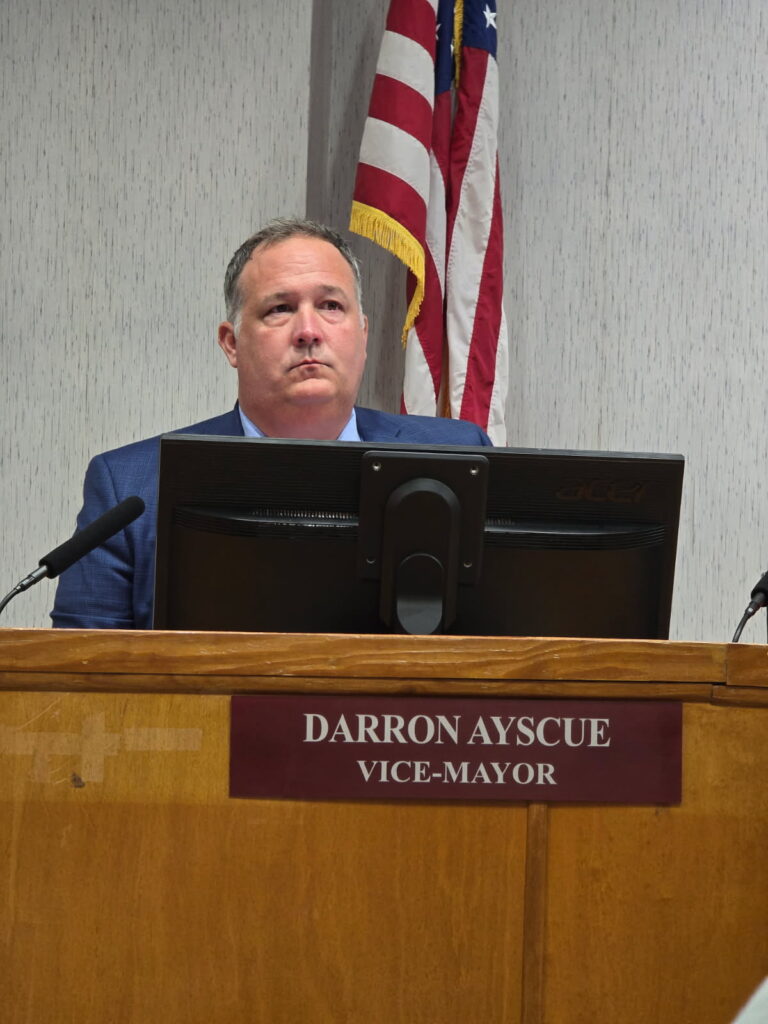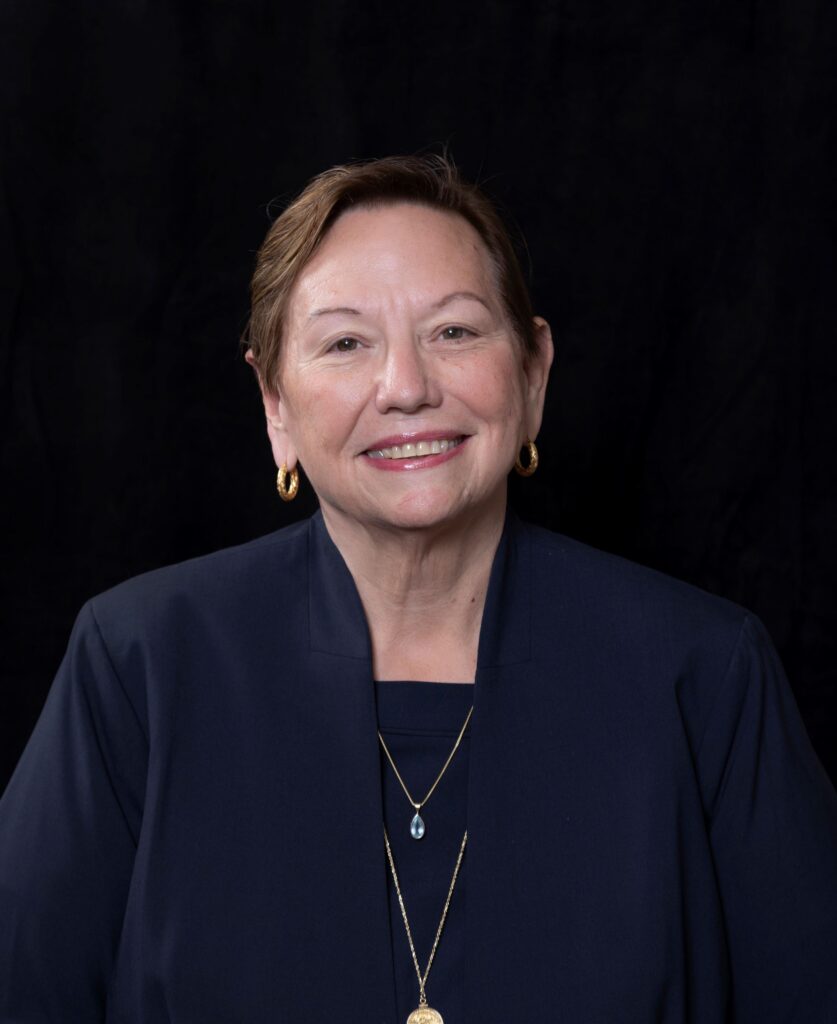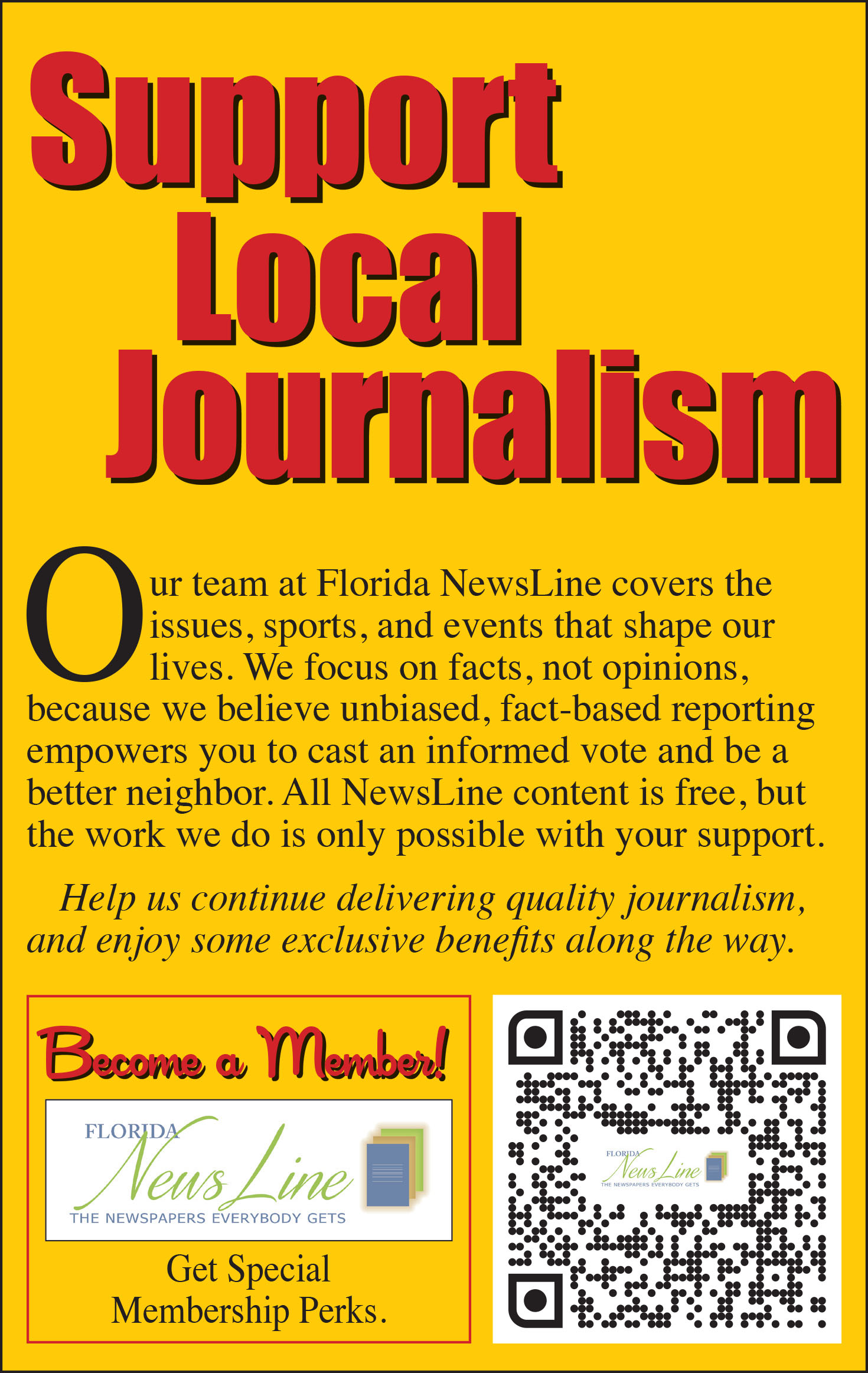By Julia Roberts
Fernandina Beach city commissioners have differing views of what the city should ask of its legislators in the 2026 legislative session, which runs Jan. 13 through March 13.
Attorney Buddy Jacobs has been the city’s lobbyist, off and on, since 2004. Last year, he was paid $75,000, plus travel expenses. Each year, the city commission creates a list of priorities, matters the commission directs Jacobs to advocate for on the city’s behalf. Most of those priorities have been financial — the city asks the lobbyist to work to bring appropriations to various projects the city wants to, or is currently pursuing.
At the Sept. 16 city commission meeting, the city’s grants coordinator, Lorelei Jacobs, who works with Buddy to promote the city and its issues in Tallahassee, presented a list of legislative issues and asked commissioners to rank them in order to determine what is more important to the commission.
Those issues were a bill that has language that makes it possible to build a bioethanol plant in the city; a proposal to eliminate property taxes; changing Senate Bill 180, which prohibits local government from adopting more “burdensome or restrictive” Comprehensive Plan policies; limits on extraterritorial surcharges for municipal services such as water and wastewater; a measure that preserves cities’ authority over utility revenues; protecting cities’ authority over utility revenues; cities’ authority to set impact fees; the elimination of local business taxes; the Live Local Act, which includes efforts to eliminate single-family zoning, minimum lot sizes and mandates accessory dwelling units; increase to sovereign immunity caps; dissolution of Regional Planning Councils; diminishment of Community Redevelopment Areas.
However, one commissioner said he believes the city should not be involved in shaping policy, but rather ask Buddy Jacobs to concentrate on bringing money to the city.

“I am not big on getting involved in the state’s policies,” Vice Mayor Darron Ayscue said. “I am a budget guy, I look at, hey, what can we do to find appropriations in the state. That’s been the focus since I have been on the commission.”
Ayscue said that in the past few years the city has received millions of dollars in appropriations, although some were vetoed by the governor.
“In this last year, focusing solely on appropriations, we were able to get $4 million, which made up almost 25% of House District 15’s appropriations, and that’s just phenomenal,” the vice mayor said. “You’re talking about what did we do when we focused hard on appropriations was $8.5 million put in the budget for a city of 13,000. That is amazing.”
Ayscue said be believes the city should continue to concentrate on getting money from Tallahassee and let the Florida League of Cities and Florida League of Counties advocate for or against policy changes that would affect Fernandina Beach.
“When we go in to see a legislator, you have five minutes, max,” Ayscue said. “If the message gets sprawled out to five or six or seven items, you’re going to lose focus on those appropriations items. It’s going to be very difficult to continue that forward. Putting our lobbyist in front of every single person, trying to knock down four or five items that are policy and not appropriations, it makes it difficult. I am against our city getting involved in policy. I am strictly appropriations.”

However, Commissioner Genece Minshew said the city should be involved in legislation affecting issues that affect the city, including measures that reduce “home rule,” the power of local governments.
“So, while we stand there with our hand out, asking for money with one hand, the other hand is being tied behind our back, and our ability to function and our ability to support this city is being taken away bill by bill by bill,” Minshew said. “If all we do is ask for money, at some point, there’s not going to be anything else we are allowed to do.”
Fernandina Beach resident Julie Ferreira was the only member of the public to speak to the matter.
“I don’t understand why we would think Buddy only gets five minutes with people,” Ferreira told the commission. “I went to the state legislature and I sat down with both Black and Yarborough. One I got 45 minutes with, one I got 30 minutes with. I don’t think we can say Buddy is only going to get five minutes with somebody. Things pop up in the legislature all the time. Home rule is being sliced and diced, and this city needs to push back. Buddy is our lifeline, he has contacts left, right, middle. He knows what’s good for Fernandina and what’s not good for Fernandina. I think he needs full leniency to respond.”
“I cannot tell you how many people have come up here and talked about Live Local, have talked about density, have talked about all the things we are struggling with not being able to do,” Minshew said. “If we just continue to never say anything about those issues, then we are doing our citizens a huge disservice. We have to do more than just ask for money and beg. We are a vibrant, active city. We have a lot of density issues. We have a lot of issues about how we can even get money. We are not a taxing authority. We have to stand at everybody’s door with our hand out and say, please may I have a dollar? So we do that. But, we can also do this.”
Mayor James Antun said he agreed with Minshew, that, “We (the city commission) shouldn’t be telling our lobbyist what not to do.”
Commissioner Tim Poynter said he believes legislation governing the definition of bioethanol, which would circumvent the city’s Land Development Code ordinance against a chemical manufacturing plant and allow the facility to be built at the RYAM campus in Fernandina Beach, should be the city’s first legislative priority. Commissioner Joyce Tuten agreed, but said that other matters would be better promoted by the Florida League of Cities and Florida League of Counties.
Asked to comment on the city’s position on legislative priorities, Buddy Jacobs said he receives his direction from the commission.
“I’m just in sales, ya’ll are in management,” Jacobs told the commission. “So, whatever you want me to do, that’s what I’m going to do. We have good support in the legislature. Whatever you want me to do, I will do.”
After the discussion, commissioners rated what they believe should be the most important things Jacobs advocates for on behalf of the city. Legislation that would not allow the bioethanol plant to be built in the city was all commissioners’ number one priority, followed by changing the language of SB 180 and working to change the Live Local Act, which affects development.
jroberts@nassaunewsline.net




